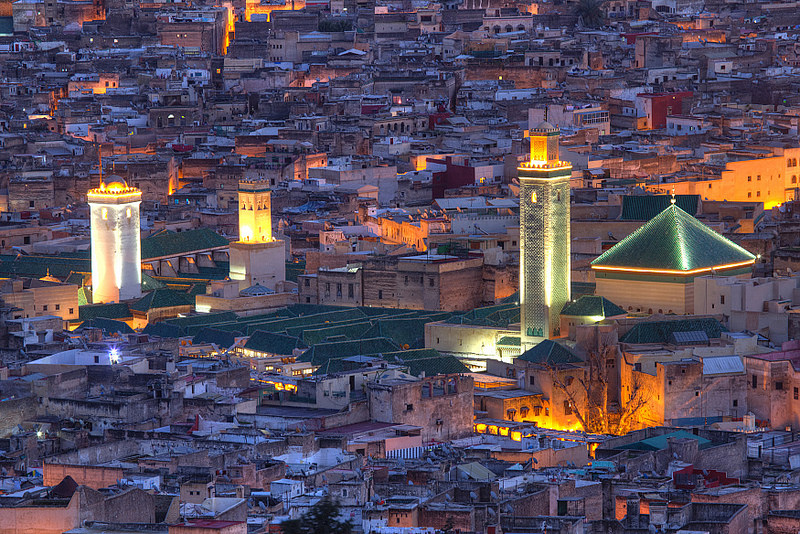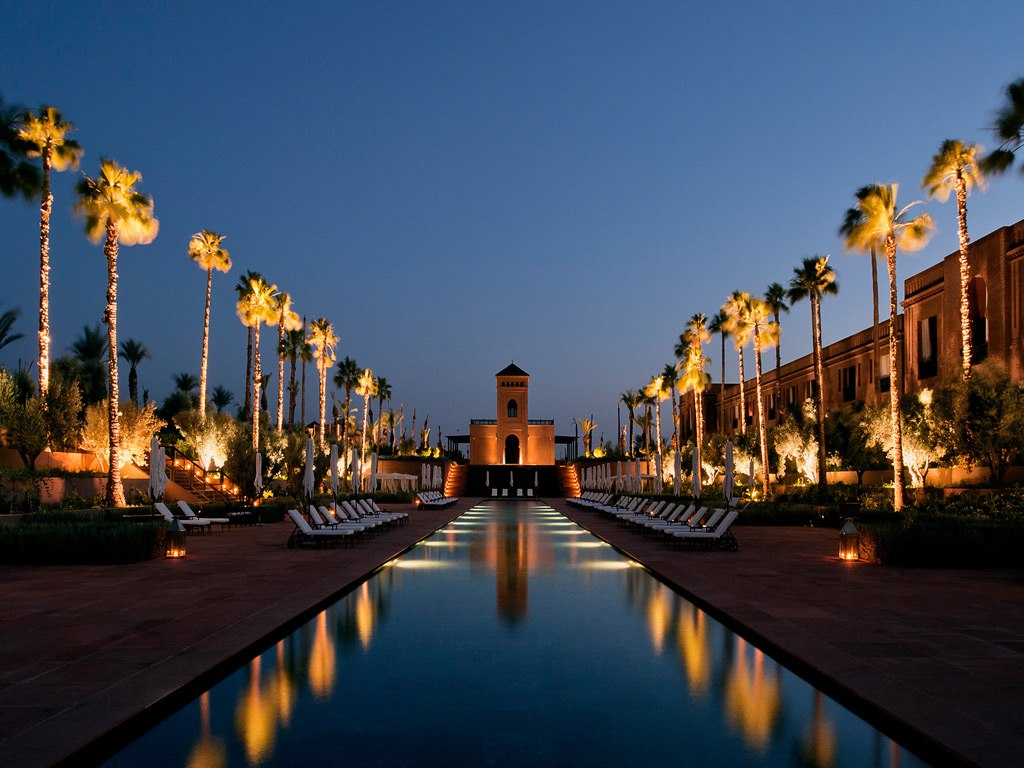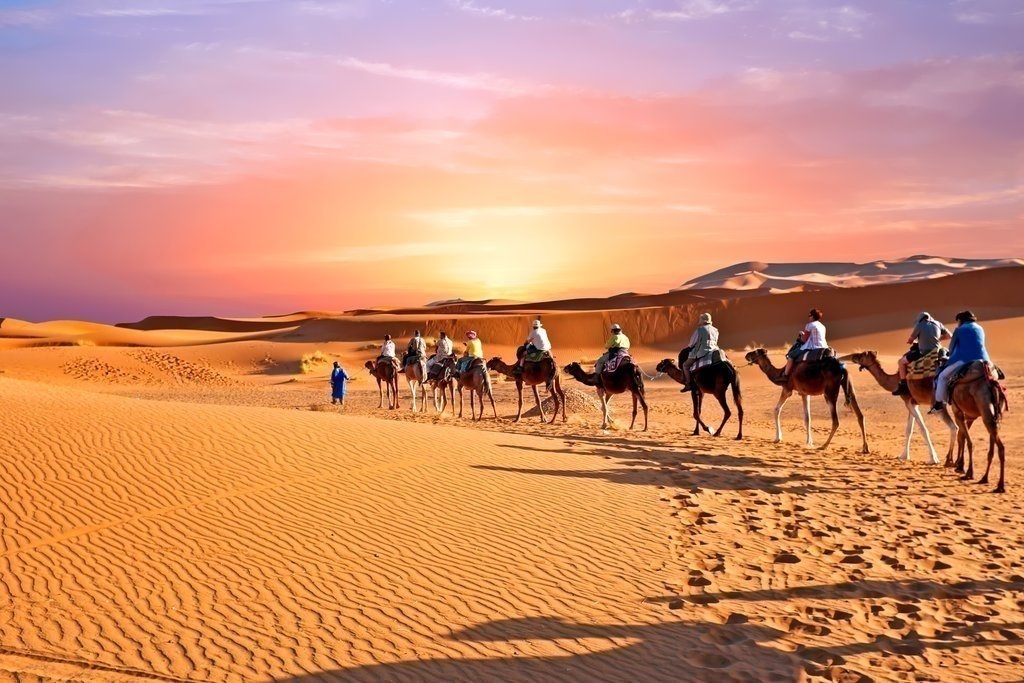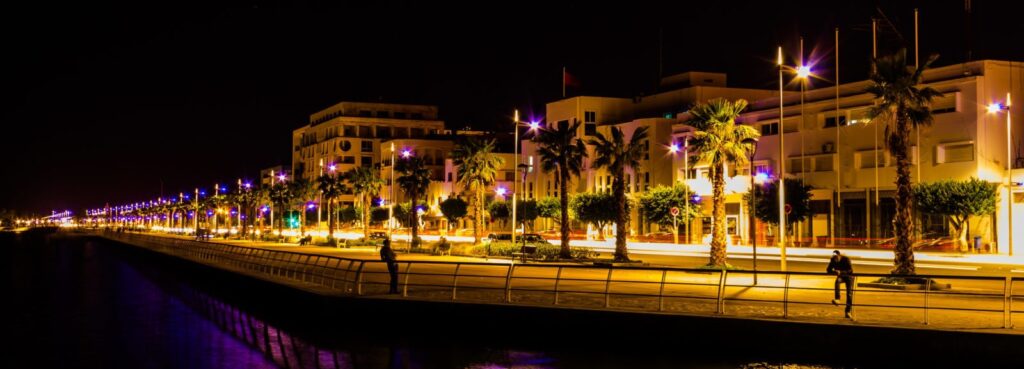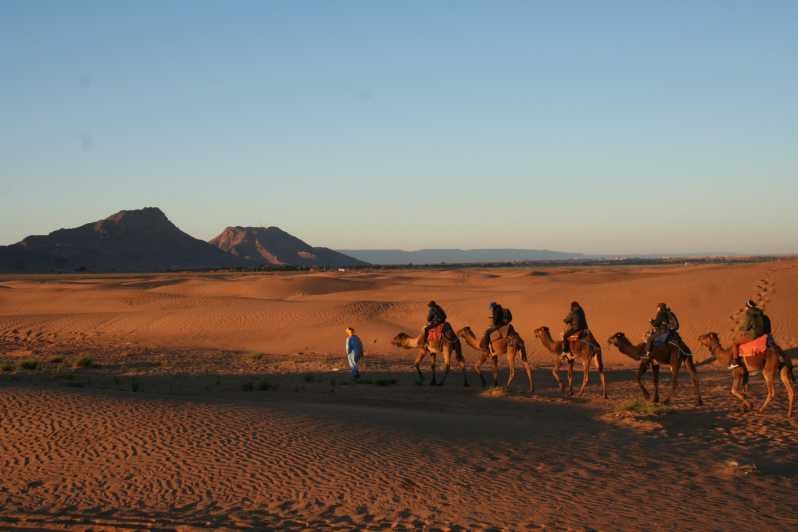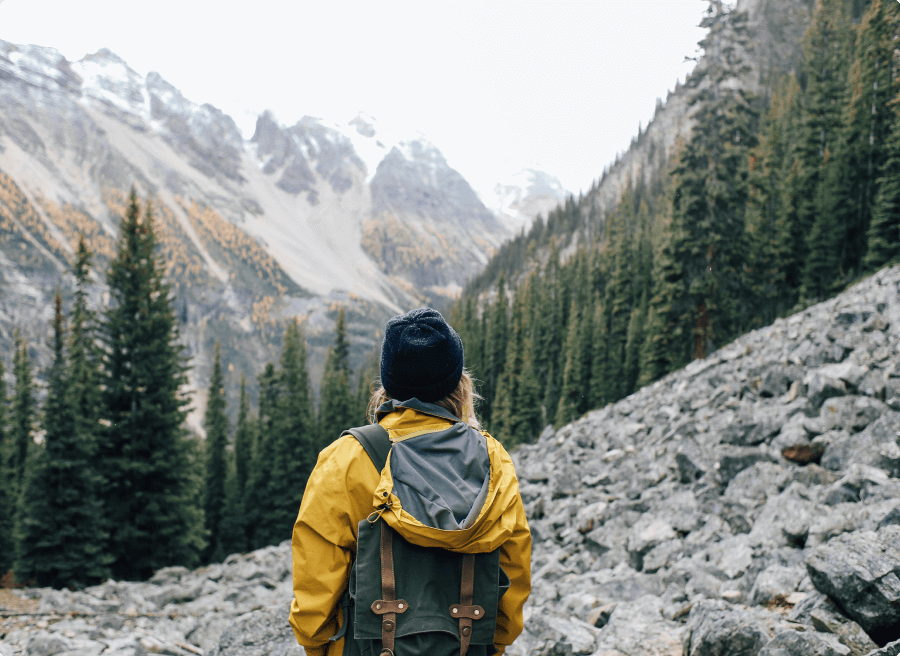Morocco and the United States of America are two countries with a long standing relationship that can only be described as a friendship. With Morocco being one of the first ever countries to formally recognize the United States independence, the two counties signed a treaty of peace and friendship that remains the longest unbroken treaty in US history. What this means for you as a U.S citizen planning on visiting Morocco is that you will always be welcomed with open arms due to the amicable relationship the two countries hold.
Now that we got that piece of history out of the way, let’s get into the stuff you’re actually here for: U.S citizens have been visiting Morocco for both vacation and business for decades now, only to be taken aback by the beauty of the country’s nature and landscape. If you are planning on making Morocco your next tropical paradise vacation spot, this is the guide for you to plan the trip of your dreams!
Things to note before visiting Morocco from the United States:
Morocco climates & best times to visit:
Just like the USA, Morocco is a country with a different variety of landscape to offer. This plays a role in the fact that the country’s climate differs from region to region. For example, Morocco’s two coastal regions (the Mediterranean Sea and the Atlantic Ocean) experience a mild Mediterranean climate, with a wet and rainy winter and hot and dry summer. For reference, think something like the California coast. Other than this, Morocco’s inland region north of the Sahara desert is mostly Atlas Mountains, which experience snowfall in the winter and dry periods in the summer. Overall, the best time periods for visiting Morocco would be spring and autumn, where temperatures are mild and pleasant.
Morocco language & culture:
It is important to know that while Morocco is a Muslim country, its culture and traditions run far deeper than that. The country holds values of openness and acceptance at a high regard, and is always welcoming towards its international visitors. No matter your cultural, ethnic, or religious background, Morocco will not fall short on hospitality towards you. With that being said, in order to show respect towards social norms, it advised that you wear somewhat modest clothing that covers from your shoulders to your knees (for all genders). Moderate public display of affection such as holding hands is okay, but nothing more than that. Finally, women are expected to wear clothes that cover all of their body as well as a headscarf when visiting religious sites such as mausoleums.
In terms of language, Morocco’s official languages are standard Arabic and Tamazight. If you have any amount of knowledge about one of these two language, your experience visiting Morocco is going to be much smoother and easier. Another language that would be useful to have in Morocco is French, which is widely used in business settings and a large chunk of the population speaks it to some extent. However, you’re not to worry if you don’t speak any of these languages! You can totally still get a smooth running and enriching experience visiting Morocco if you only speak English, thanks to the help of tour agencies and tour guides, and personal drivers. If plan on visiting Morocco through a tour agency, you are guaranteed help from staff who speak English fluently.
How to get to Morocco as a U.S citizen:
If you are an American citizen and you are planning on visiting Morocco, the procedure is actually pretty easy. When we say easy we mean that literally all you have to do is book a flight and go. As a U.S citizen, you are exempt from a visa to visit Morocco for a period of up to 90 days. All you need is a valid passport with at least one blank page for stamps. Also, make sure your passport is stamped in the airport as soon as you enter the country so that you don’t face any issues when leaving.
Regarding flights and airplane tickets, it is super easy to find affordable flights from the U.S to Morocco with a variety of different airlines. Both direct flights and flights with a stopover are available from the U.S, so all you have to do is pick one that fits your budget and schedule and get to booking!
Covid-19 outbreak info:
As of today, September 2021, Morocco’s borders are open to travelers from the U.S as long as they provide proof of vaccination or a recent negative Covid-19 test. Within the country, precaution is highly advised and safety measures such as wearing face masks and social distancing are still applied. When visiting Morocco during this time, please apply the same amount of precaution that you would apply back home in order to stay safe and healthy.
Here’s what Morocco has to offer:
In terms of landscape, nature, historical monuments, and activities to do while visiting Morocco, you’ll be in for a treat! The country is home to two water coasts, the Mediterranean Sea and the Atlantic Ocean, which gives it a variety of beaches suitable for all lovers of the sea.
In addition to this, there’s the Sahara desert, which is probably the main reason why many people plan on visiting Morocco in the first place. The Sahara desert is vast, peaceful, and breathtaking. It allows you to experience the traditional desert nomad culture through activities such as camel trekking, which is a memorable experience that will stick with you forever.
For lovers of hikes, nature and adventures, you’ll be pleased to learn about Morocco’s Atlas Mountains range which is home to Mt. Toubkal (the highest peak in North Africa). The Atlas Mountains are home to fascinating landscapes ranging from snowy peaks, panoramic valleys, crystal clear rivers and green forests.
Other than that, Morocco is a land of deep culture which can be seen everywhere, even in the way cities are planned, built, and sectioned. Most of Morocco’s cities are home to an Old Medina, which are lovely quarters with narrow streets, colorful shops, and artisanal artifacts.
Overall, it should be pretty simple to get to Morocco from the US and plan a fun trip here if you follow this guide. Don’t hesitate and book a Morocco tour today to plan for your next trip here! That aside, we hope you enjoyed the article and found it useful to you. For more guides like this and articles about Morocco, check out our other blog posts, or contact us here for more info about coming to Morocco!
